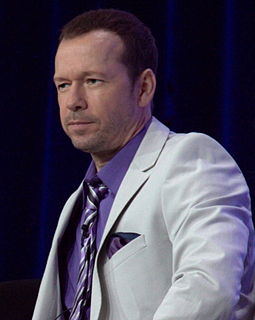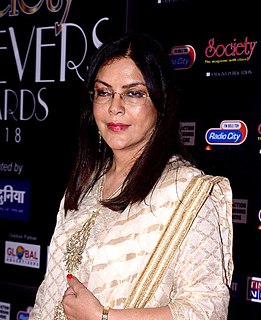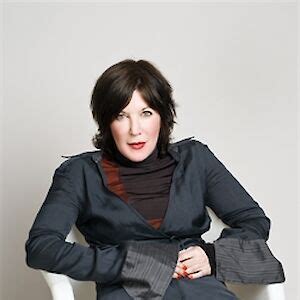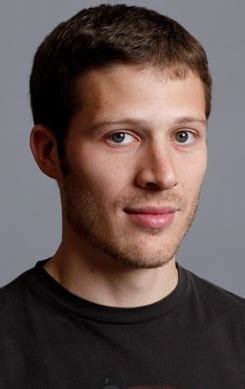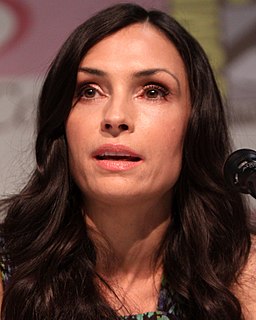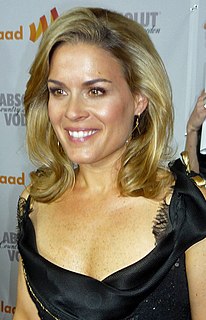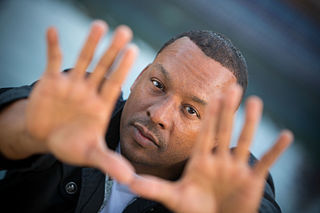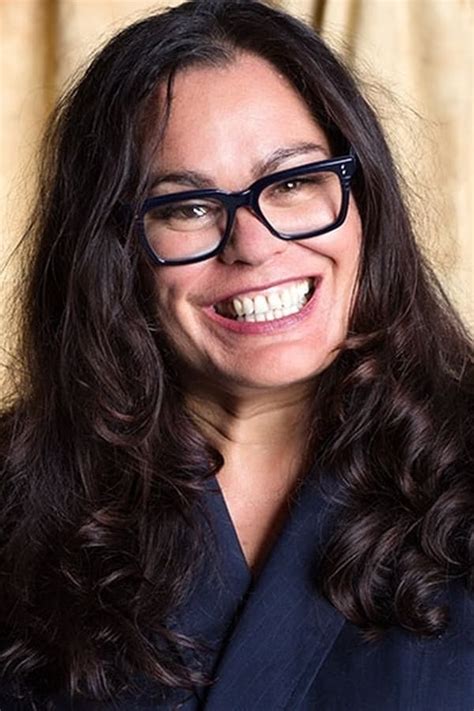A Quote by Dacre Montgomery
My parents worked in the film industry, but they both worked behind the camera, so I like to think that I have a really good understanding of how all the parts of the puzzle come together to make a film or TV show.
Related Quotes
Me and Kirby are very collaborative and it changes from film to film. The first project we worked on together, Derrida, we co-directed. The last film Outrage, I was the producer and he was the director. This film was much more of a collaboration - he is the director and I am the producer - but this is a film by both of us.
In my opinion, having worked in the games industry and still keeping in touch with a lot of those guys, there was definitely a time when they saw themselves as the little brother of the film industry. But they kind of went off in a different direction and now see themselves, I think, as being far more interesting and ahead of the film industry. They haven't just caught up. They've gone off in a different direction and exceeded the film industry.
Before MS moved in on me, I'd worked for seven years as a city lawyer, as the editor of a literary magazine, and before the age of 20, I'd also worked as a cadet journalist and as an assistant director in both film and TV. And then, after the lesions of MS, both on my spine and in my brain, I was the opposite of bionic.
My primary passion is film-making. That's the aspect of my life that defines me, completes me, and completely grounds me. Everything else - from judging a reality TV show to hosting a talk show - is just a result of me being a film-maker. I am the happiest, satisfied and at peace when I am behind the camera.
I'm a film guy. I love it. When I read the screenplay, I knew that there would be no HD camera that could achieve the look that I wanted for this film. I wanted it to be dirty, and 16mm provides all of that with the look and the grain. That's what I worked for, and that's what I wanted, and that's how I'd seen the movie in my mind.


